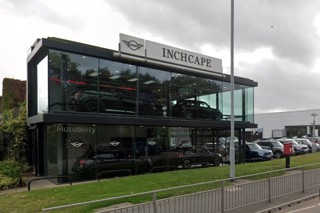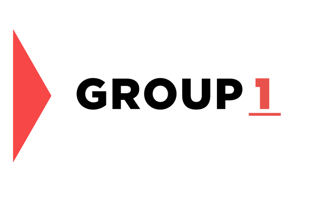Regular contributor professor Jim Saker, director of the Centre for Automotive Management at Loughborough University and president of the Institute of the Motor Industry, ponders the risk to UK new car supplies from "the weaponisation of resources" in his latest monthly article for AM.
It is always worth listening when the CEO of an OEM decides that they are going to talk directly to the UK Government.
It was in mid-October when BMW Chairman Oliver Zipse stated that the UK Government has moved too fast and too soon with its ambitions for new car sales to become fully electric by 2030. This is one of the first times that a European OEM has openly criticised the UK Government suggesting that their environmental objectives are going to be damaging for the UK car industry.
Zipse then announced that production of the new all electric mini will be produced in China.
This raises a whole range of issues. Studies have suggested that China controls up to 95% of the downstream capability including resources and IP for the current battery technology. The Belt and Road initiative undertaken by the Chinese Government has driven investment in Africa, the continent where most of the critical minerals needed for batteries exists.
Eighty percent of the world’s current resources in Cobalt come from the Democratic Republic of the Congo. Earlier in 2022 the Chinese Government announced debt forgiveness for a number of African nations as a result aligning them with the ambitions of China’s industrial strategy.
As a result of this it does make sense for BMW to build the electric mini in a country that controls both the technology but also the supply of raw materials.
The challenge is where does this leave the UK motor industry going forward. British Volt has struggled to get funding to simply get the building up. What happens when it comes to sourcing raw materials. Lithium has gone up 700% in the last year.
The scenario starts to emerge that unless the battery technology changes everything that is produced in the UK will be uncompetitive price wise. With the battery being the major cost component in the vehicle this inevitably presents a major challenge in the marketplace.
The car industry has learnt from COVID and the invasion of Ukraine that security of supply is a major priority. Many companies, and their governments are now looking into how they can make their supply chains more resilient and less reliant on supplies from countries where a change in political attitude can lead to the weaponisation of resources.
By locating in China, the electric Mini will have access to the batteries. The challenge comes if China with Xi JinPing in control for his third term decides to be more aggressively interested in Taiwan.
I am not suggesting that China would necessarily behave like Russia, but it gives them political leverage in any negotiation. How supply is controlled will rest in Beijing not in the boardrooms of OEMs.
The problem is that the UK’s ability to achieve 2030 EV targets appears to be in the hands of China and that could be a problem.



















Login to comment
Comments
No comments have been made yet.